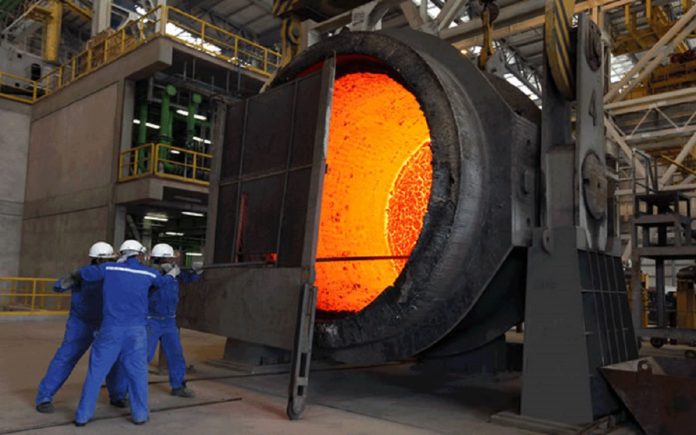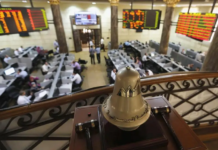The Ministry of Trade and Industry launched in association with the Egyptian Federation of Industries, the first round of an initiative entitled “Egyptian Manufacturing: The locomotive of the National Economy” held in the presence of more than 500 manufacturers and investors. The initiative aims to developing a dialog between the Government and the manufacturers, with the aim of integrating efforts towards upgrading manufacturing and unleashing the private sector’s capabilities as an engine for industries and exports growth.
Kabil stated that the decisions to rationalize imports succeeded in reducing the trade balance deficit during FY 2016/2017 by $12.5 billion, and resulted in factories increasing their production capacity to meet domestic demand and benefit from the liberalization of the exchange rate through exports.
The MEO regards this initiative as critical in setting our foot towards developing industry in Egypt, focusing on challenges manufacturers and investors face. Focusing on bringing trade balance deficit to a fair equilibrium remains the preoccupation of the government and requires a flexible institutional and structural reform, a clear investment map for industrial sectors, an enhancement to labor’s skills development and training, and most importantly, capitalising on growing technologies, industries and start-ups that could yield a leap in facing reaching our goal.
First, With this initiative, and a flexible institutional and structural reform in place to meet manufacturers and investors aspirations, we should target and aim for best utilisation of resources, developing production, quality and performance using the latest technologies. On these grounds the Government needs to develop infrastructures and legislations that support the local industry’s development while maintain a balanced guideline regarding international agencies commitments. Further more, the initiative should tackle areas for expanding marketing activities in the form of Fairs, tours and exhibits all over the African continent as a prime market for developing exports, setting related logistics for the shipping and handling processes as well as setting partnerships with reliable local resellers. In short the government should be setting policies that may have previously been regarded out of the Ministry’s focus, yet are are currently a main factor for achieving its aimed for target.
Second, A clear investment map for the industrial sector is essential, in the process of developing feasible industries of value and need. There are various sectors that remain in focus like Engineering Machinery & Equipments, Consumer Electronics, Automotive Components, Food Processing, Chemicals & Pharmaceuticals Textiles & Garments, Building Materials, Furniture, Paper & Paperboard, Leather and more. On the other hand, the map should tackle feed in industries, and to work on options to attract their local production, knowledge transfer or partnerships for the sake of developing these industries locally and for export.
Third, the world is transforming daily, and labor remains the one factor within the economic formula and production process that we aim to upgrade, bearing this in mind, developing the areas of labor training, supervision and maintenance is highly regarded as a predominant factor in the process to achieve higher performance, quality and a sustainable working force.
Finally, Capitalising on growing new technologies and start-ups could be the black horse in achieving our targeted vision. Banha Electronic Industries in association with a team of Egyptian scientists managed to produce a board for a fast computer, on the other hand, Abou-Zlima remains one of the few areas in the world that has special sand from which computer screens are produced, such an integrated potential can earn us a new computer that can locally compete in the market and can further expand into Africa and the world. Building on new technologies and utilising our resources can lead Egypt’s industry to grow much faster than our economy.












